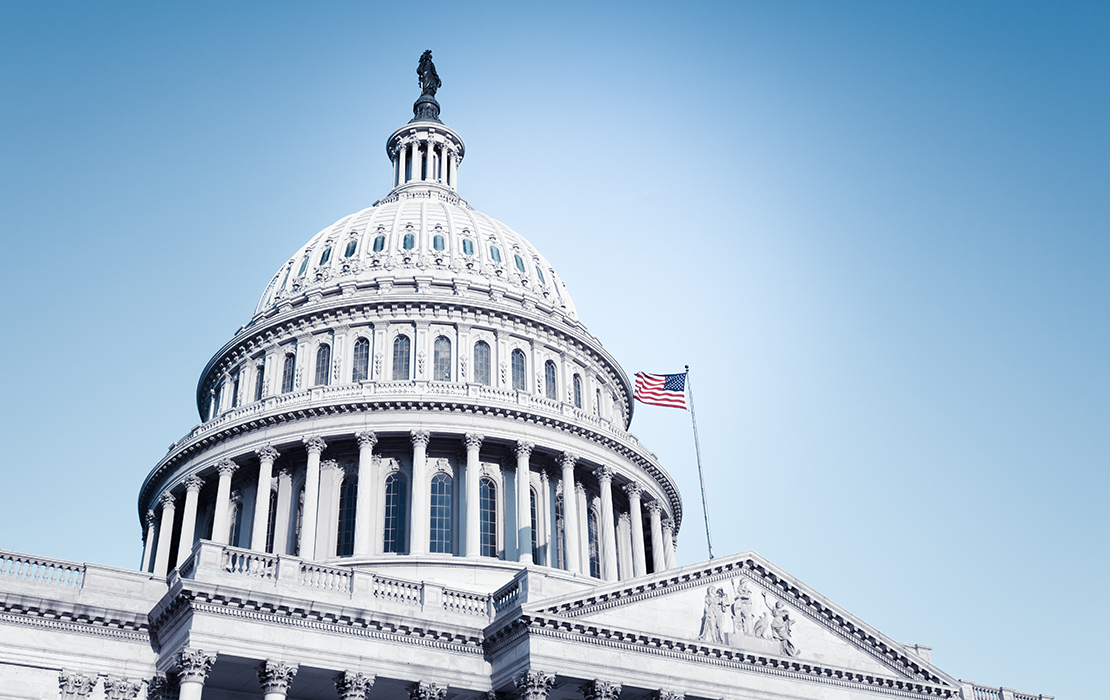ADA shares update on how No Surprises Act could affect dentists
Good faith estimates now required for uninsured/self-pay consumers

Editor’s note: Since this article was published in early 2022, the ADA has received new information on good faith estimates. To read the latest, visit ADA News.
The ADA has received questions from member dentists regarding the No Surprises Act and whether it affects dental practices.
The No Surprises Act went into effect Jan. 1 and gives consumers new billing protections when getting emergency care, nonemergency care from out-of-network providers at in-network facilities, and air ambulance services from out-of-network providers.
The law’s protections against balance billing largely do not affect private dental offices because dental benefits are excepted benefits, according to the Centers for Medicare and Medicaid Services. The new requirements on balance billing generally apply to items and services provided to consumers enrolled in group health plans, group or individual health insurance coverage, as well as federal employees’ health benefits plans, but not excepted dental benefit plans. These requirements are based on the current rules as of Jan. 14. If anything changes, the ADA will let member dentists know.
In the case of major medical coverage, the ADA believes that it is possible that dental components could be affected. The question would come down to whether the dental coverage is classified as one of the categories of services that these protections apply to. The ADA believes if the dental component is an excepted benefit, most dentists will not have to worry about making that determination initially. The exception would be in rare instances where the dispute resolution and arbitration requirements apply to dental because they are site specific to hospitals and ambulatory centers.
The separate requirements of the law for transparency of health care costs and the requirements related to the patient-provider dispute resolution process do apply to uninsured (or self-pay) consumers who visit a private dental office. Good faith estimates are now required to be given to those uninsured (or self-pay) consumers who request the estimate or schedule a service, according to the Centers for Medicare & Medicaid Services.
Providers or facilities will have three business days to give good faith estimates in writing after a request and all providers and facilities that schedule items or services for an uninsured (or self-pay) individual or receive a request for a good faith estimate from an uninsured (or self-pay) individual, must provide such individual with a good faith estimate. The requirement to provide a good faith estimate to an uninsured (or self-pay) individual is not triggered for items or services scheduled or requested fewer than three days in advance or for emergency services, according to a March 2022 CMS webinar. Regarding unexpected situations where a patient is already undergoing treatment and there is no time to create a new good faith estimate, CMS said the agency appreciates that unexpected circumstances may arise during a visit. The agency said the good faith estimate "must include a disclaimer" that informs the uninsured (or self-pay) individual that the information provided in the good faith estimate is only an estimate regarding the items or services reasonably expected to be furnished at the time the good faith estimate was issued and that the actual items, services, or charges may differ from the good faith estimate.
For information on all of the Centers for Medicare & Medicaid guidance on the No Surprises Act, visit CMS.gov/NoSurprises.
The ADA continues to monitor this evolving issue and will share any updates the Association receives. This article is not, and should not, be considered legal advice.



